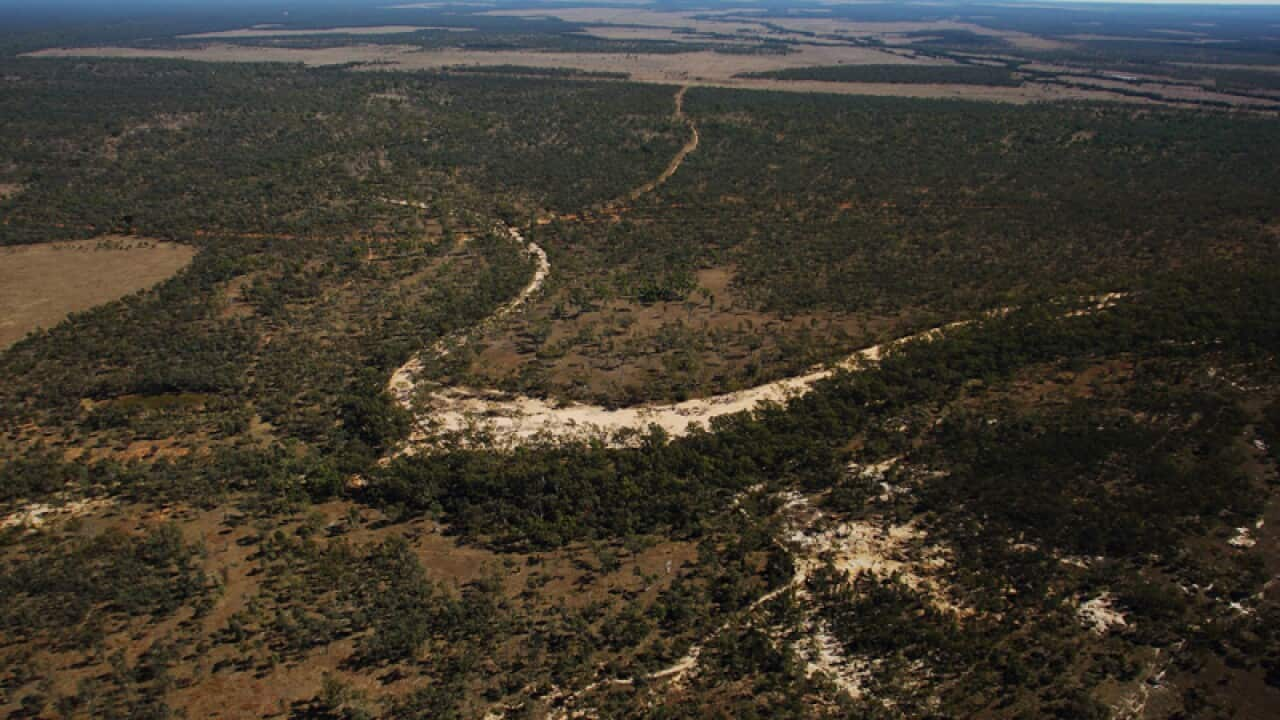India has nearly 4 million rural poor. They are not likely to be able to access the electricity generated from coal exported from Australia and yet will be most vulnerable to the impacts of climate change and contamination of the air, water and land on which their survival depends from the burning of this coal.
Once coal production from the Carmichael mine begins, it’s sheer scale will tip the world’s climate, currently in a state of precarious balance as countries prepare for the Paris Climate Conference, beyond the dangerous mark.
Resources Minister Josh Frydenberg should consider the facts about coal in India rather than use the poor as a shield for Australia’s desperate bid to sell coal.
Firstly, India is a densely populated country with many living in poverty, inadequate infrastructure, and a lack of government planning to deal with complex weather systems. This makes it ill-prepared to deal with the scale of impacts from unchecked climate change on humans and ecosystems as highlighted in the latest IPCC report – decreased river flows, increased food insecurity from fall in food production, increased tropical diseases, sea level rise and mass human displacement. Climate impacts will affect the Indian poor more than others.
Secondly, rural India, even in coal rich states, remains largely unconnected to the central coal-fired power grid. This – India’s inability to connect remote areas to the central grid – and not a dearth of coal, is the reason a vast majority of the four hundred million rural poor are still deprived of electricity. According to the International Energy Agency, 147 million Indians will remain without electricity into 2030 under a business as usual scenario where coal is central. Australia’s emphasis on exporting unacceptable quantities of coal to India from the world’s largest proposed coal mine will only scheme to keep India’s rural poor in the dark longer.
Thirdly, coal is a proven killer in India; it causes 80,000-115,000 premature deaths per year.
Solar lanterns and solar photovoltaic panels have already brought electricity to millions of Indians who have remained in the dark for generations. Minister Frydenberg should also consider the energy future which includes rather than excludes India’s rural poor. India added approximately 40 per cent of Australia’s installed electricity capacity in renewable power generation alone from 2010 to 2014; the renewables industry in India is growing and has the potential to re-energize India’s economy by creating new jobs at home.
As an Indian activist now working in Australian for a healthy environment, I have a personal interest in firm cooperation between both countries I call home based on clean and equitable energy. Which is why I am doubly disappointed to see the Carmichael mine, which should never have been approved in the first place, now getting reapproved.
When he was environment minister, Prime Minister Malcolm Turnbull showed leadership for rescuing Australia’s lifeblood, the Murray-Darling, by initiating a sustainable water-use plan for the river-system. He even stood up for climate change in his party room and suffered its political consequences. A second federal approval for the Carmichael mine, with its known scale of impact on Australia’s water, the Great Barrier Reef and the global climate, within a month of his coming to office, appears completely out of character.
The Great Barrier is a global treasure. All countries should aim to protect it from destruction. Coal from Carmichael, shipped across the sensitive reef-ecosystem and burnt in India to further tip the planet’s climate and reef health, poses a moral challenge for India.
The affluent in India, the most likely beneficiaries of coal shipped from Australia face a moral dilemma. Would tourists from India visiting the natural wonder want to be implicated in its destruction, or preserved for their children to enjoy?
Rather than pushing coal on India at great risk to the environment, Australian leaders should consider the benefits of clean energy - that would make a really compelling "moral case" for India’s poor.
Ruchira Talukdar is an environmental campaigner with experience across several NGO’s in Australia and India.
Share


